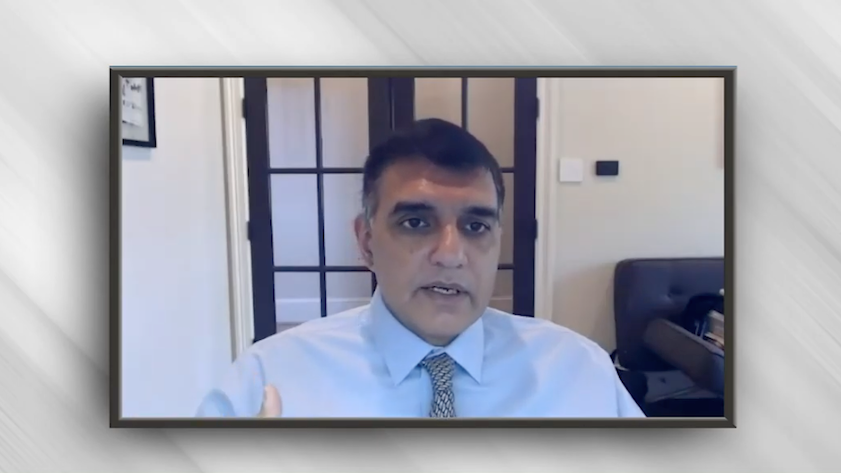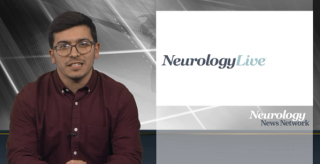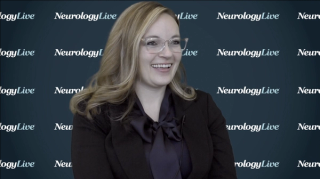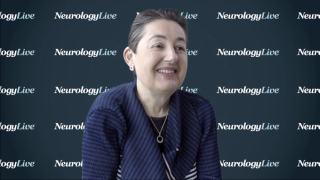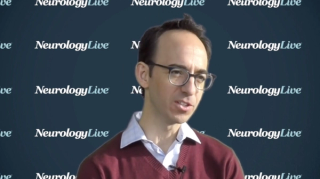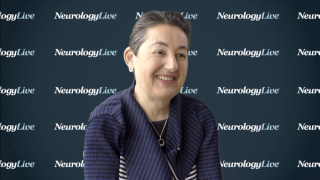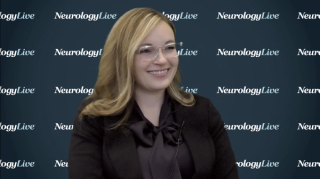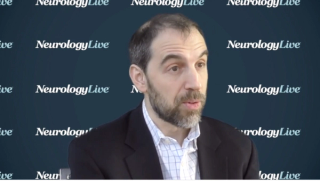
Epilepsy
Latest News
Latest Videos

CME Content
More News
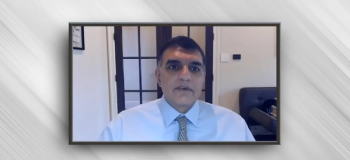
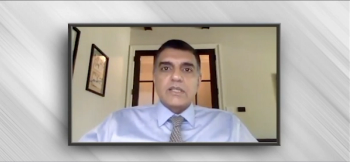
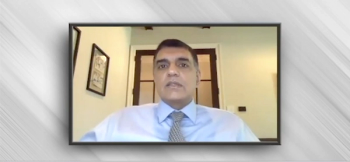
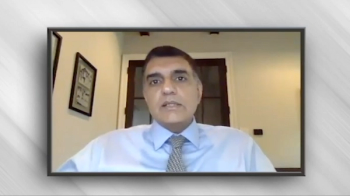
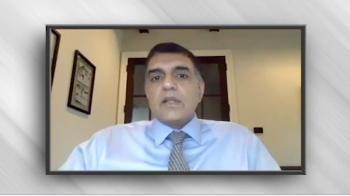
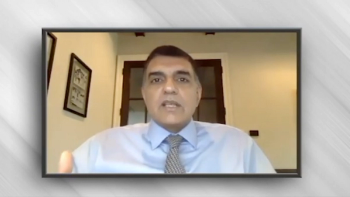
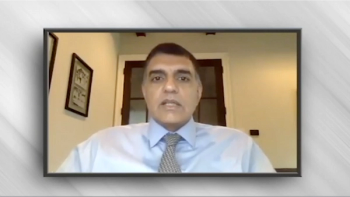

The drug joins Cerebryx as the second FDA-approved fosphenytoin for benzodiazepine-refractory status epilepticus.

The director of Translational Research and Clinical Trials Epilepsy at NYU Grossman School of Medicine discussed the groundwork done with the Human Epilepsy Project for a recent analysis.
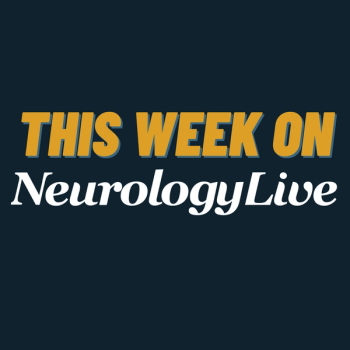
Here's what is coming soon to NeurologyLive.
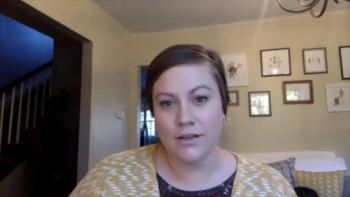
The research coordinator of the Dravet Foundation provided background on the new ICD-10 codes announced for Dravet syndrome and how they came about.

Take 5 minutes to catch up on NeurologyLive's highlights from the week ending November 6, 2020.

The director of the Mid-Atlantic Epilepsy and Sleep Center in Bethesda, Maryland, described the challenges he’s faced when having to discuss a change in treatment strategies with his patients.
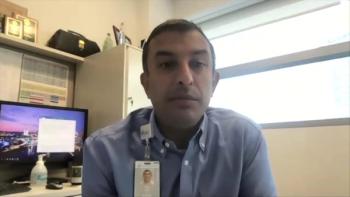
The section chief of pediatric neurology at Nationwide Children’s Hospital spoke about the effect telemedicine has had on patients with Lennox-Gastaut syndrome throughout the COVID-19 pandemic.

The new codes have broader implications in helping clinicians understand the morbidity and mortality related to the disorder.

Here's what is coming soon to NeurologyLive.
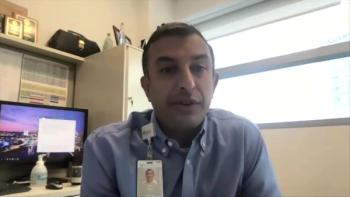
The section chief of pediatric neurology at Nationwide Children’s Hospital provided his thoughts on raising awareness for Lennox-Gastaut syndrome on International LGS Day.
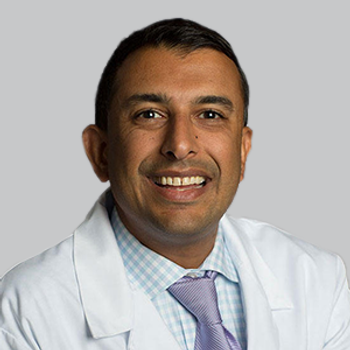
Anup Patel, MD, section chief of pediatric neurology at Nationwide Children’s Hospital, explained how care for patients with Lennox-Gastaut syndrome has changed throughout the pandemic.
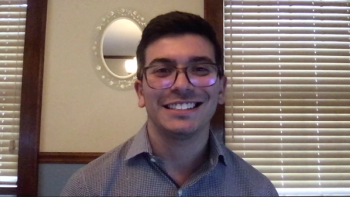
Neurology News Network for the week ending October 31, 2020.

Take 5 minutes to catch up on NeurologyLive's highlights from the week ending October 30, 2020.

In the largest study of its kind to date, researchers at Indiana University attempt to elucidate previously inconclusive literature on antiseizure drugs, autism, and ADHD.
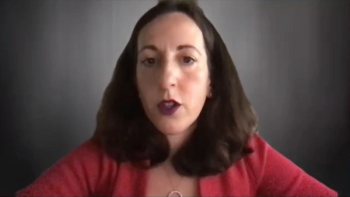
The professor of neurology at the NYU Langone Grossman School of Medicine gave her reaction to the data she and colleagues published on neurologic disorders in patients with COVID-19.

Patients treated surgically reported better outcomes, including reduced AED use, higher rates of survival, and fewer epilepsy-related ED visits, hospitalizations, and outpatient visits.

The Medical Director of The Neuroscience Institute at UW Medicine Valley Medical Center discussed the landscape of therapy for tonic-clonic seizures and how lacosamide might fit into the paradigm.

The professor of neurology at the NYU Langone Grossman School of Medicine discussed a recent study she and colleagues conducted on new neurological disorders in patients with COVID-19.





